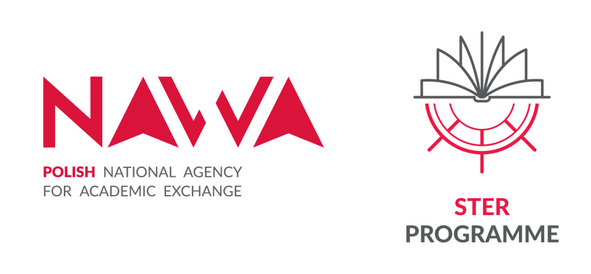Subarea: Wastewater technology and sludge management
Research activities cover a wide range of subjects related to the conventional and industrial wastewater treatment processes, treatment of storm water as well as technology of sewage sludge and waste management.
Research works:
- Ammonium nitrogen recovery in an advanced stripping process
- Conversion of organic nitrogen in the main and side streams
- Anaerobic treatment of industrial wastewater
- Advanced chemical oxidation to remove next-generation pollutants
- Methods for rainwater treatment,
- Agricultural sludge management
- Influence of co-fermentation on the quality of leachate from digestate dewatering
- Processing and recovery of industrial waste
- Aerobic sludge stabilization
- Composting of sludge and biodegradable waste
Research works have experimental, technical and theoretical character.
Subarea: Treatment wetlands for water protection and wastewater treatment
Research aspects covering removal of organic matter, nutrients, potentially toxic elements and emerging pollutants from different types of wastewater, sewage sludge, beach wreck by using of different type of treatment wetland.
Research works:
- Floating treatment wetlands – mitigation of aerial pollution from urban and rural areas, mechanisms of contaminants removal, plant species selection
- Conversion of Beach Wrack To a Resource using Reed Bed Systems
- Investigation of pollutant removal processes in hybrid wetlands systems in conditions of carbon compounds deficiency
- Processes of removing pollutants from rainwater in an urbanized catchment
All research works have experimental character
Subarea: Removal of nutrients, toxic elements and new emerging pollutants
Research activities cover a wide range of subjects related to the removal and recovery of nitrogen and phosphorus. Research aspects covering also concentrations of toxic elements (for example heavy metals) and new emerging pollutants (for example pharmaceuticals, PFAS ) in water and wastewater, sediments and sewage sludge as well as technologies of their removal.
Research works:
- Study of the processes of removing phosphorus compounds from wastewater with the use of selected sorption materials
- Nutrients removal and recovery from wastewater and leachate from sludge management
- Legacy contamination of urban water bodies sediments with potentially toxic elements: distribution assessment, environmental and health risks, source appointment
Phytoremediation of sediments contaminated with trace metals
- PFAS and pharmaceuticals removal from water and wastewater
All research works have experimental character
Subarea: Hydraulic Engineering
Research activities cover a wide range of subjects related to the hydromechanics, hydraulics, hydrology, water resources management the main effort focusing on the two following fields:
- investigation of the water flow problems in the natural and artificial water systems;
- physical and mathematical modeling of the engineering hydrosystems.
Research works:
- hydrological and hydraulic aspects of flood protection:
- runoff from natural watersheds and urban areas,
- unsteady flow and flood routing in open channels,
- unsteady flow over floodplains and in shallow reservoirs and lagoons,
- ice phenomena in open channels and reservoirs,
- protecting of the Baltic Sea from untreated wastewater spillages during flood events in urban areas.
- pollutant transport in basins, rivers, reservoirs, lagoons and in groundwater;
- flow in porous media (including saturated and unsaturated soils);
- unsteady flow in pipe systems;
- dynamics of the hydraulic systems in water power plants, water and waste–water treatment plants.
Research works have technical and experimental characteristic.
Keywords: wastewater treatment; sewage management, water protection; treatment wetland; pollutants removal; hydrological, hydrodynamic and mathematical modeling


